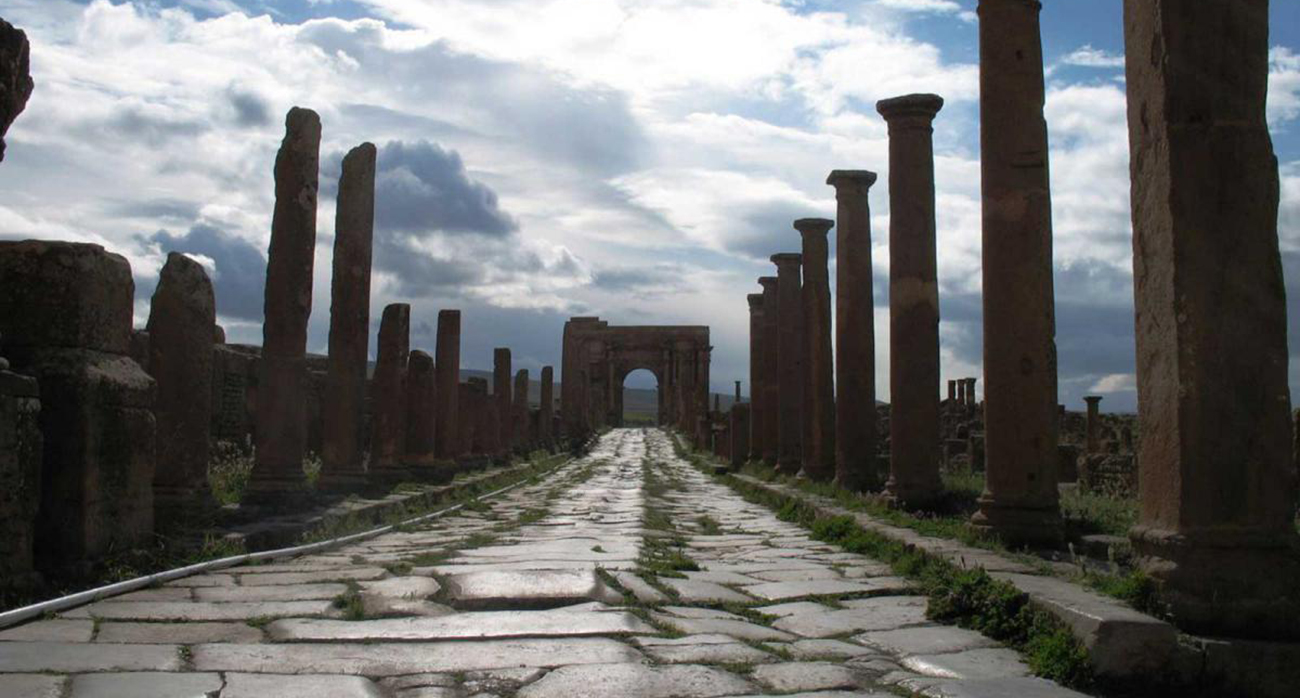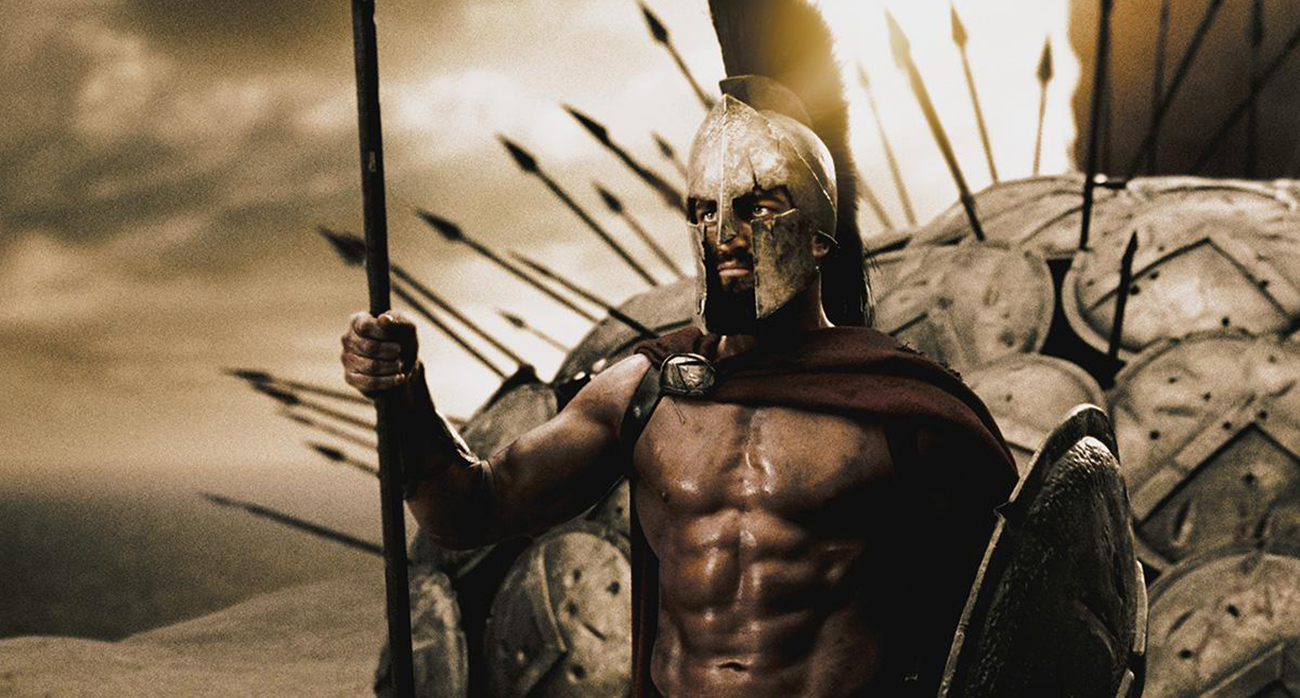A Day in the Life of a Roman Boy
(N.B. This story is dedicated to Hector and Wilbur Metcalfe.) Chapter 1. Lucius and Marcus wake up. One summer morning, in the year 3 B.C., that is seven hundred and fifty years after the foundation of Rome, twelve year old Lucius awakes in his bedroom in a comfortable mansion in the High Street, which runs through the north-west of the city towards the famous Colline Gate. It is still dark, but Lucius has woken in response to a gentle nudge from the family servant Daedalus, who is carrying...



